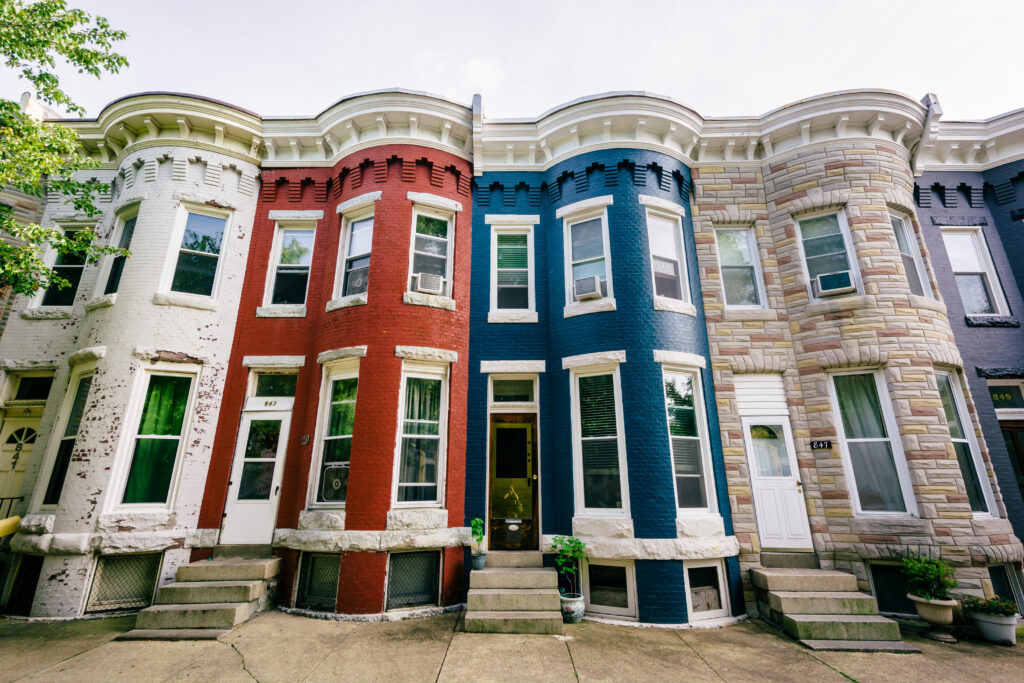
Expanding Homeownership Resources to Equitably Build Generational Wealth
Baltimore’s Department of Housing and Community Development (DHCD) is working to overcome the legacy of past housing policies and ongoing housing challenges that have left marginalized communities with limited pathways to property ownership. FUSE Executive Fellow Dalmar James, Jr. will design and implement a homeownership coaching strategy for underserved communities,... Read more
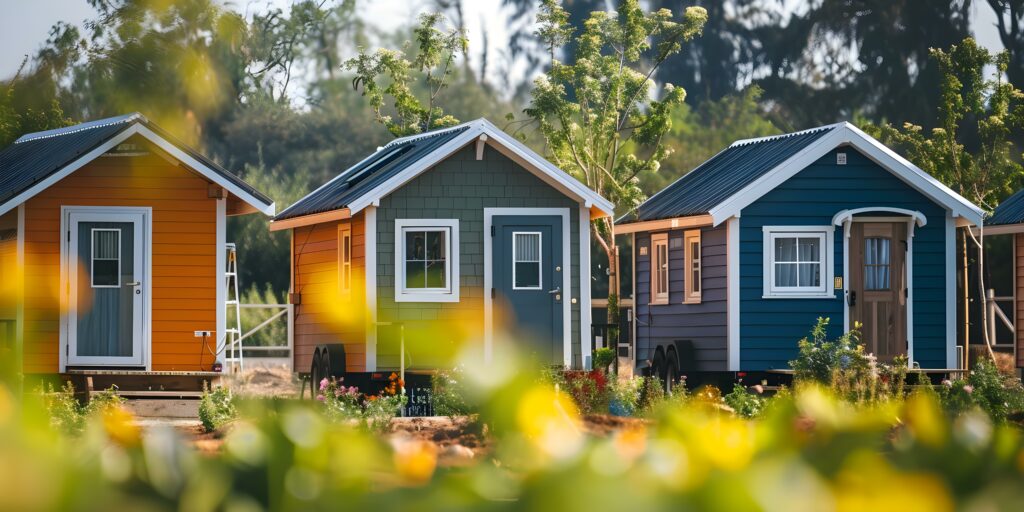
Catalyzing Bold, Inclusive Affordable Housing Expansion
Albuquerque reflects New Mexico’s remarkable diversity, with nearly 80% of residents identifying as people of color and 10% as people who immigrated. However, residents face significant housing challenges, with single-family home prices increasing 8% last year and nearly 300% over the past generation—far outpacing wage growth. More than one-third of... Read more
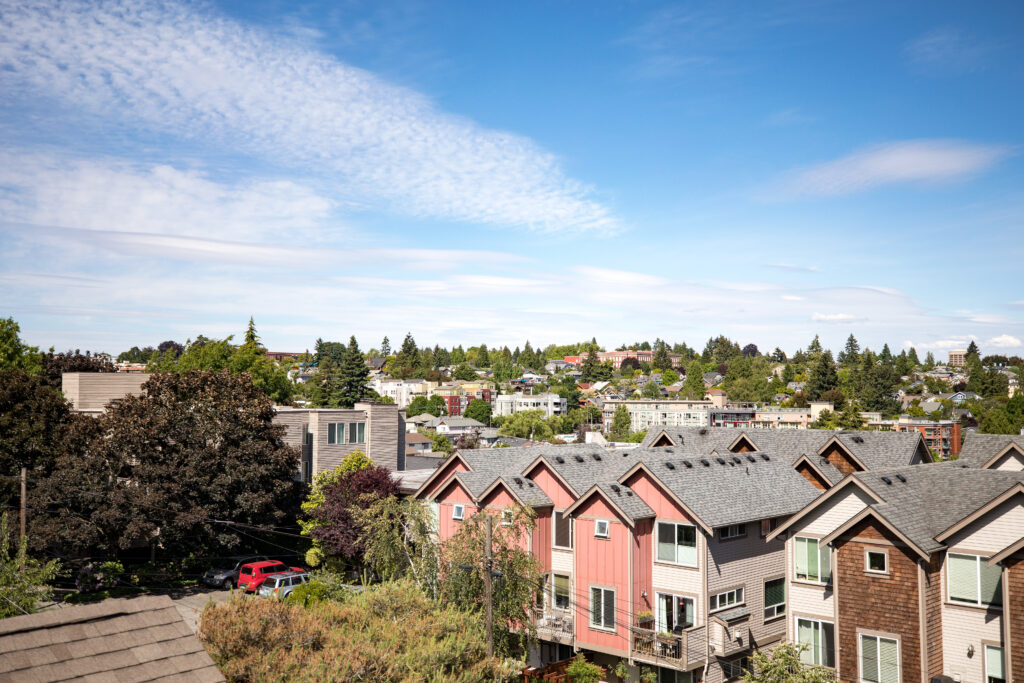
Home Ownership as Preservation (HOP)
Seattle has experienced dramatic growth over the past decade, becoming one of the fastest-growing large cities in the United States. While this growth presents economic opportunities, rapidly increasing rents and home prices have displaced low-income families to less expensive areas further from the city. The City has recognized that historically... Read more
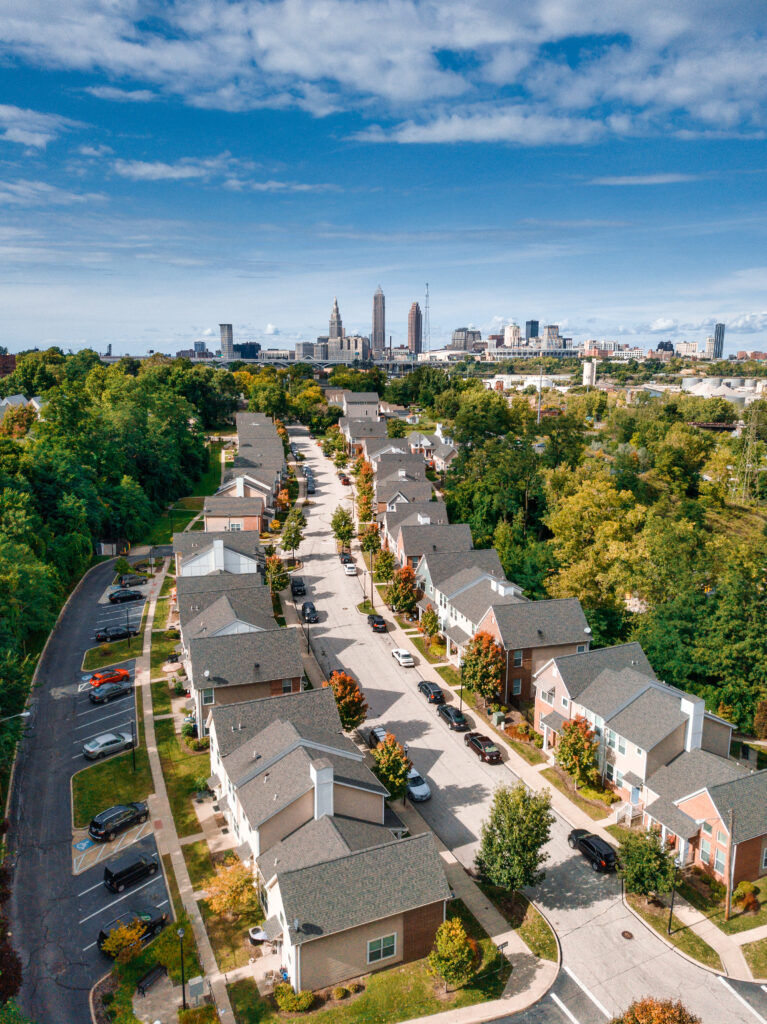
Expanding Access to Resources and Capital for Equitable Home Ownership
Cleveland faces significant housing challenges rooted in historical patterns of disinvestment that have disproportionately impacted low to moderate-income residents and underserved communities. The city's aging housing stock requires significant repairs in many cases, while neighborhoods that have historically experienced underinvestment, particularly on the East side, are now dealing with rising... Read more

Cultivating Partnerships to Build Wealth and Financial Inclusion
The Port of Long Beach is an economic powerhouse, handling $200 billion worth of goods annually and supporting 2.6 million jobs nationwide. However, the West Long Beach neighborhood that houses the port, where 90% of residents are people of color, with significant Latino, Black, and Filipino communities, suffers from poor... Read more

Fostering Intergenerational Wealth Through Homeownership
Kansas City faces significant housing challenges, including high vacancy rates (10.5% of housing units) and declining Black homeownership, which has decreased by 2.5% in recent years with fewer than 50% of Black households owning homes. To address these issues, the City's Land Bank is collaborating with the Office of Housing... Read more
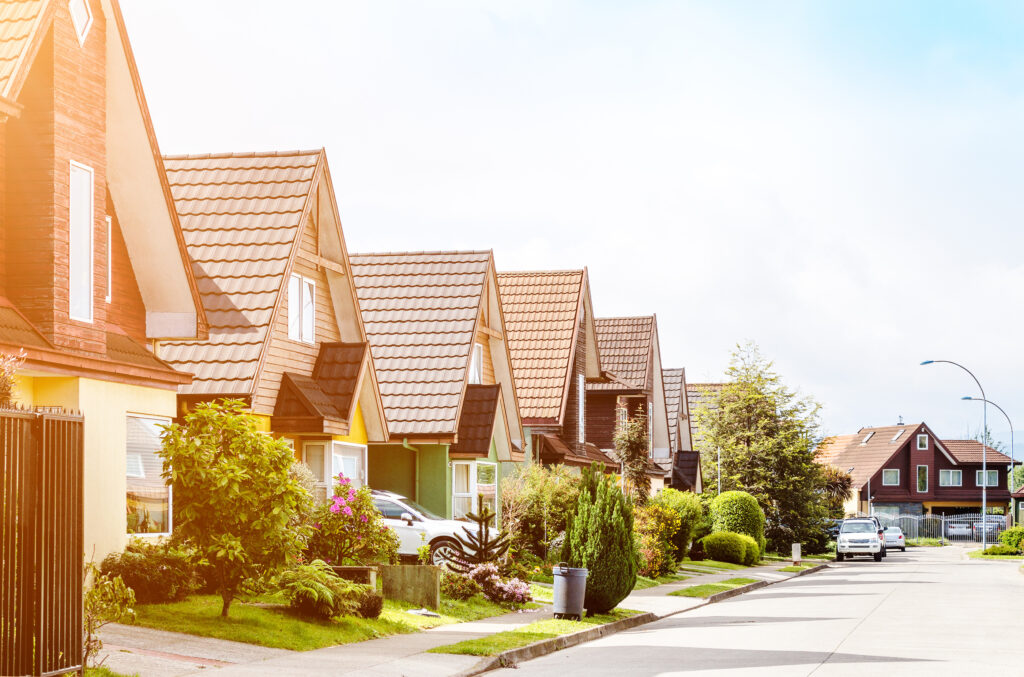
Connecting Home Buyers with Down Payment Assistance
Durham, North Carolina is experiencing one of the fastest-growing real estate markets in the country, currently ranking fourth nationally in price growth and demand. The city's expanding job market in technology and healthcare has attracted new residents, but rising housing costs have created significant challenges, especially for historically underrepresented renters... Read more
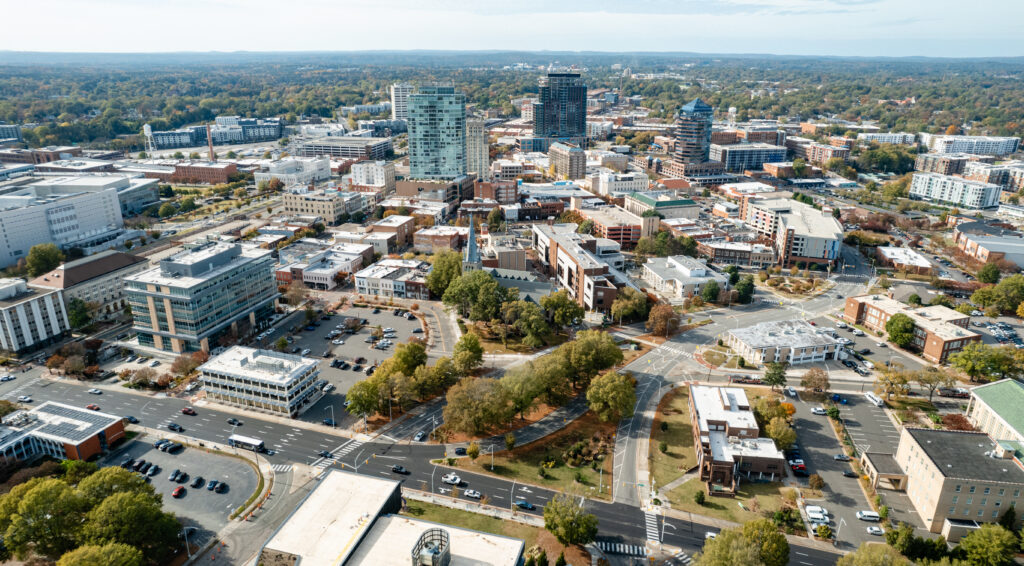
Transforming Municipal Property into Affordable Residential Housing Opportunities
Durham, North Carolina has experienced significant growth, with population increasing by 24% between 2010 and 2020 and median home values rising by 59% from 2017 to 2022. These market dynamics have widened existing inequities, with Black household homeownership (42.1%) lagging significantly behind white households (64.6%). To address these disparities, the... Read more

Reimagining Homelessness Prevention and Response for the Latino Community
Los Angeles County is addressing the rapid rise among Latino residents experiencing homelessness, which increased by 26% from 2020 to 2022—more than triple the national rate. In response, the County’s Anti-Racism, Diversity, and Inclusion (ARDI) Initiative convened a task force to identify barriers such as language access, immigration status, and... Read more
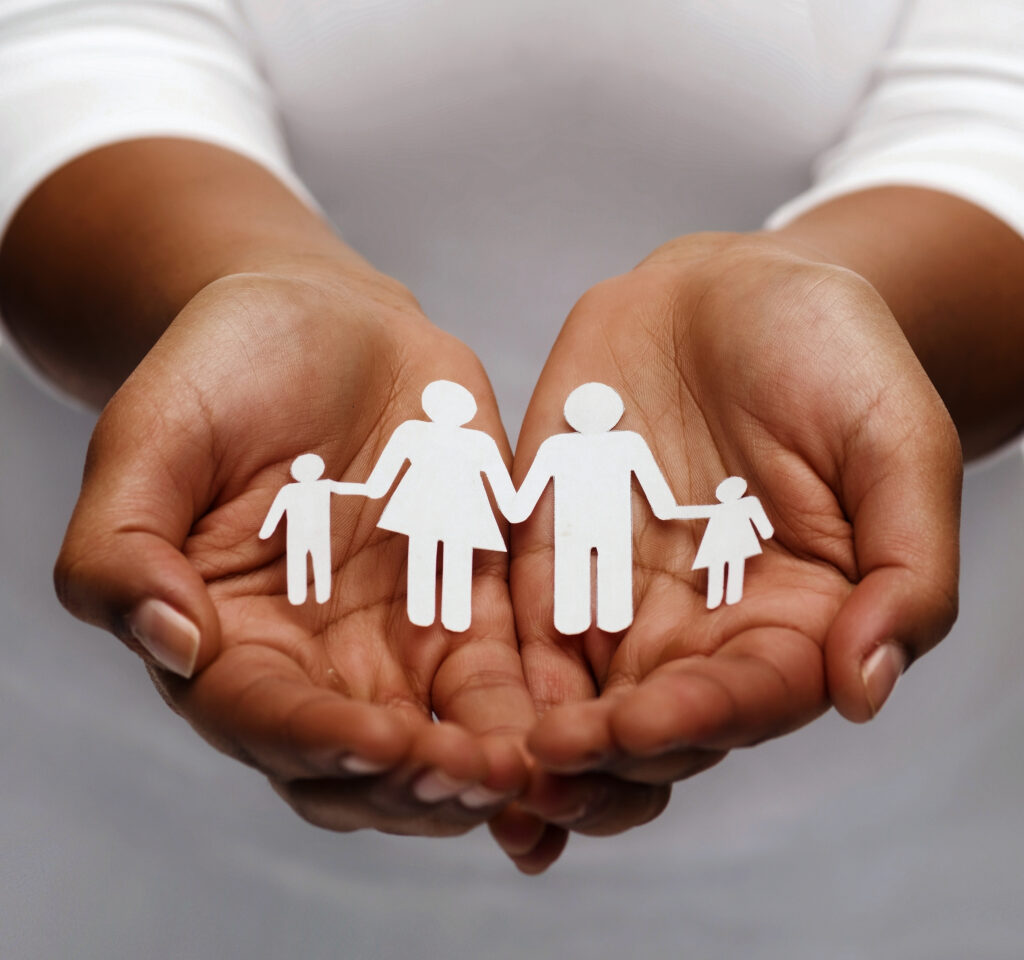
Developing an Accountability Framework to Address the Needs of Black People Experiencing Homelessness
Los Angeles County, home to one of the largest homeless populations in the United States, is prioritizing racial equity in its response to homelessness, recognizing that Black residents—though only 10% of the population—make up 30% of those experiencing homelessness. The County is partnering with FUSE Executive Fellow Ni Kal S.... Read more
